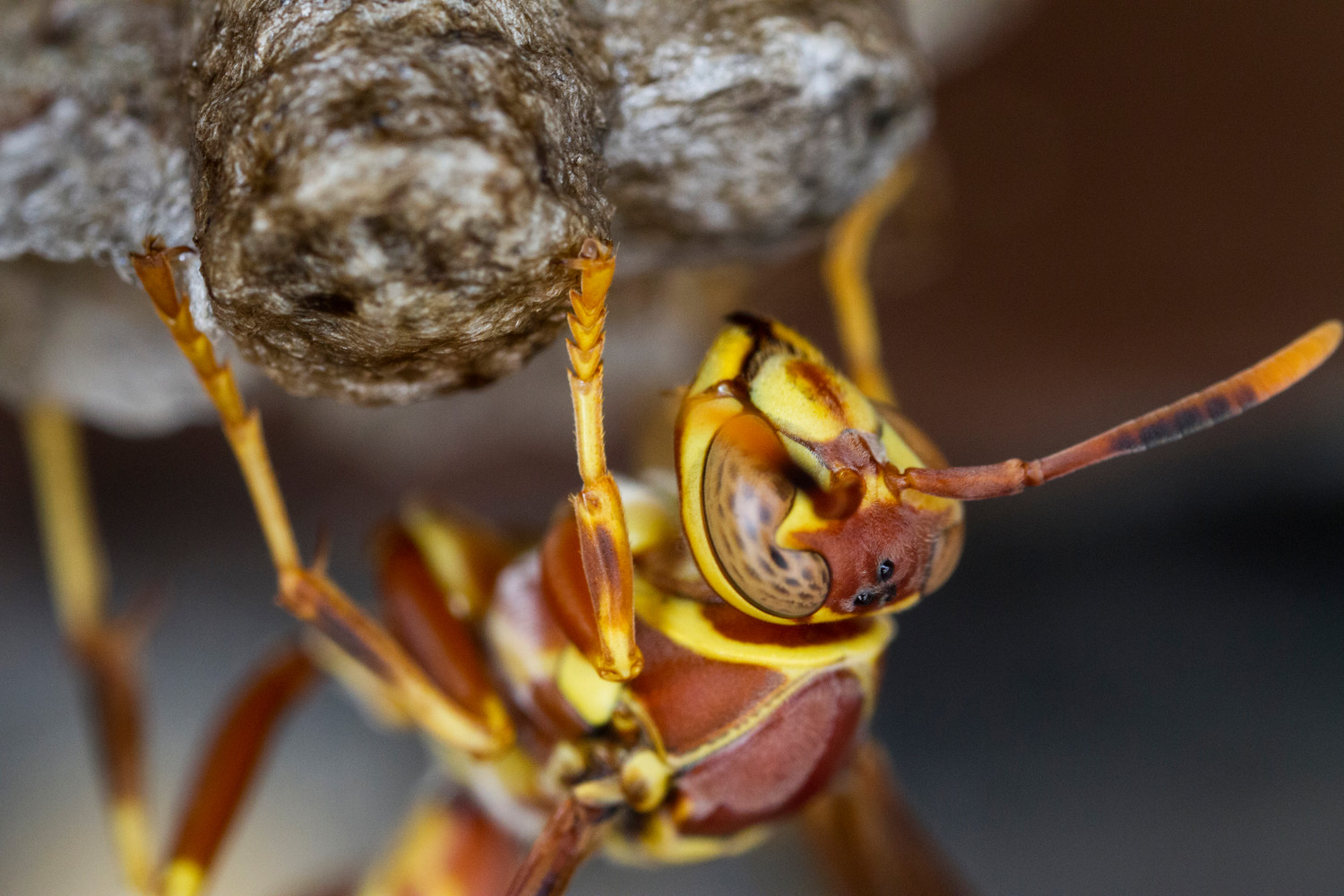Wonderful wasps
GREEN COVE SPRINGS – When it comes to hatred for insects, cockroaches, mosquitos, flies, and wasps have it the worst. It seems everyone wants to avoid them or kill them, even though each group has …
This item is available in full to subscribers.
Attention subscribers
To continue reading, you will need to either log in to your subscriber account, or purchase a new subscription.
If you are a current print subscriber, you can set up a free website account and connect your subscription to it by clicking here.
If you are a digital subscriber with an active, online-only subscription then you already have an account here. Just reset your password if you've not yet logged in to your account on this new site.
Otherwise, click here to view your options for subscribing.
Please log in to continueDon't have an ID?Print subscribersIf you're a print subscriber, but do not yet have an online account, click here to create one. Non-subscribersClick here to see your options for subscribing. Single day passYou also have the option of purchasing 24 hours of access, for $1.00. Click here to purchase a single day pass. |
Wonderful wasps
GREEN COVE SPRINGS – When it comes to hatred for insects, cockroaches, mosquitos, flies, and wasps have it the worst. It seems everyone wants to avoid them or kill them, even though each group has major environmental benefits and some, like wasps, should be welcomed happily into your home landscape.
Pollinators, Predators and Parasitoids
So why do you want wasps in your garden? The answer comes down to how they can pollinate some plants as well as control pests.
Many wasps will feed on pollen and nectar, spreading pollen from flower to flower as they go. This has a huge benefit in helping your garden produce fruit. It should never be believed this process is controlled only by the honeybee as wasps, native bees and even flies and mosquitoes help as well.
Outside of pollination, there are numerous species of wasps that act as predators or parasitoids to control the populations of garden pests. Parasitoid wasps are those that lay their eggs inside of the host, where it is destroyed from the inside out by the larvae. One major pest controlled by many species of wasps includes army worms and other destructive caterpillars, where they actively eat their prey or even take it back to their nests for larvae.
One species, the Larra Wasp, even lays its eggs inside of mole crickets, killing their host as they hatch and grow.
Attracting Wasps
Now that you want wasps in your garden, how do you get them to show up? Overall, they will require food sources and possibly shelter, which you can provide.
For food sources, plant wildflower enhancements or flowering landscape perennials, shrubs and trees, as the plants will provide pollen and nectar. Additionally, many of these plants will attract other insects on which the wasps will feed. Avoid the use of broad spectrum pesticides, which control a large variety of insects and persist for a long time in the landscape, as these will lower the amount of prey and can kill wasps if you choose the wrong product.
If you have wasp nests on your property that are not in a hazardous location, the paper wasps are great predators and pollinators so you may be able to leave them undisturbed. However, it would be wise to make sure no one will be a risk of stings, especially if they are allergic.
Additionally, you can provide a bug hotel. Bug hotels furnish solitary wasps with a place to lay their eggs and often are made of a solid box or tube filled with cut bamboo, stray, logs, bricks, and even rocks and shells. For more information visit: http://gardeningsolutions.ifas.ufl.edu/design/gardening-with-wildlife/pollinator-hotels.html.
If you would like further training on attracting native bees and pollinators, we are holding a class entitled “Planning for Pollinators” on Tuesday, July 24 from 6-8 p.m. Each participant will leave with two pollinator houses and registration is online at http://clayextension.eventbrite.com. Cost is $20 but refreshments and bug hotels are included.
If you have any horticultural, agricultural, 4-H, or family and consumer science questions, contact the University of Florida/IFAS Clay County Extension Office online at http://www.clay.ifas.ufl.edu or call by phone at (904) 284-6355.








